Your Cart is Empty
- Shop
- About
- Learn
- Free Domestic Shipping Over $50
- +1(800)929-8935
- Login
- Free Domestic Shipping Over $50
- +1(800)929-8935

Struggling to catch those elusive Z's each night? Before reaching for sleep aids, consider your dinner plate as your first line of defense against sleeplessness.
The link between diet and sleep quality is undeniable. Certain foods contain sleep-promoting properties that could be the key to a restful night.1
This article explores 17 foods renowned for their ability to enhance sleep quality, backed by science and nutritional wisdom.

Have you ever noticed that what you eat can affect how well you sleep? It's not just about avoiding coffee or heavy meals before bedtime.
Research shows how certain nutrients directly affect sleep patterns, from influencing the time it takes to fall asleep to ensuring a night of more restful sleep.1
Nutrients such as omega-3 fatty acids, magnesium, and the amino acid tryptophan play pivotal roles in regulating sleep cycles by impacting the body's production of sleep-promoting brain chemicals and hormones like melatonin and serotonin.2
Additionally, foods rich in vitamins C and D, calcium, and potassium have been shown to support deeper, more rejuvenating sleep.
This growing body of evidence underscores the potential of a well-considered diet to promote sleep, counteract sleep disturbances, and contribute to overall mental health and well-being.3
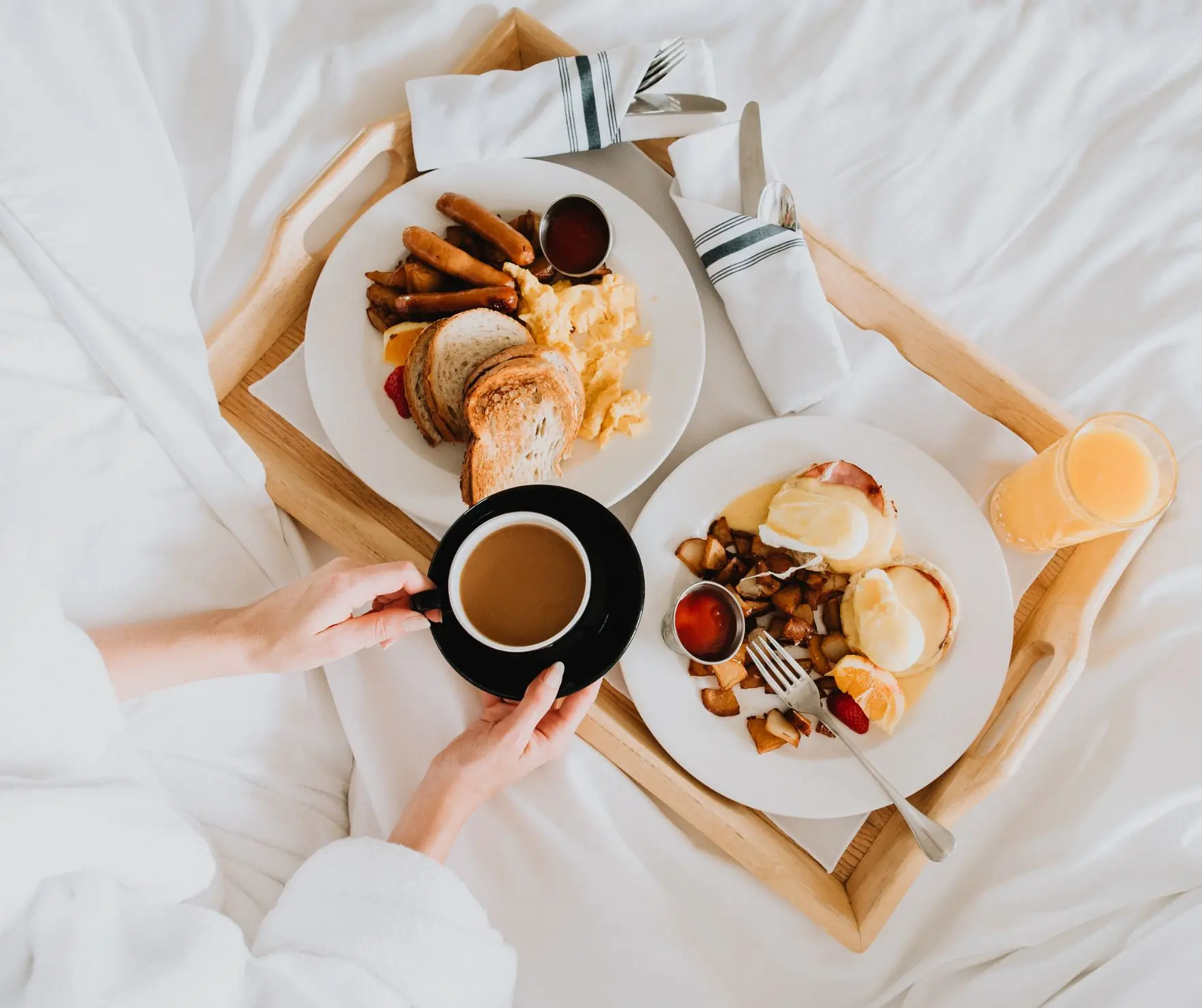
Choosing the right foods before bed can be the key to a good night's rest.
While it's widely acknowledged that heavy or rich meals can disrupt sleep, incorporating specific, nutrient-rich foods into your evening routine can significantly enhance sleep quality.
Cherries are one of the few natural sources of melatonin, the hormone that controls your sleep-wake cycle.3
Drinking a glass of tart cherry juice before bed or snacking on a handful of cherries can help you fall asleep faster and sleep better.
Bananas are like a sleep-supporting powerhouse,3 packed with potassium and magnesium, both of which help relax muscles and nerves.
They also contain tryptophan, which gets converted into serotonin and melatonin to promote sleep.
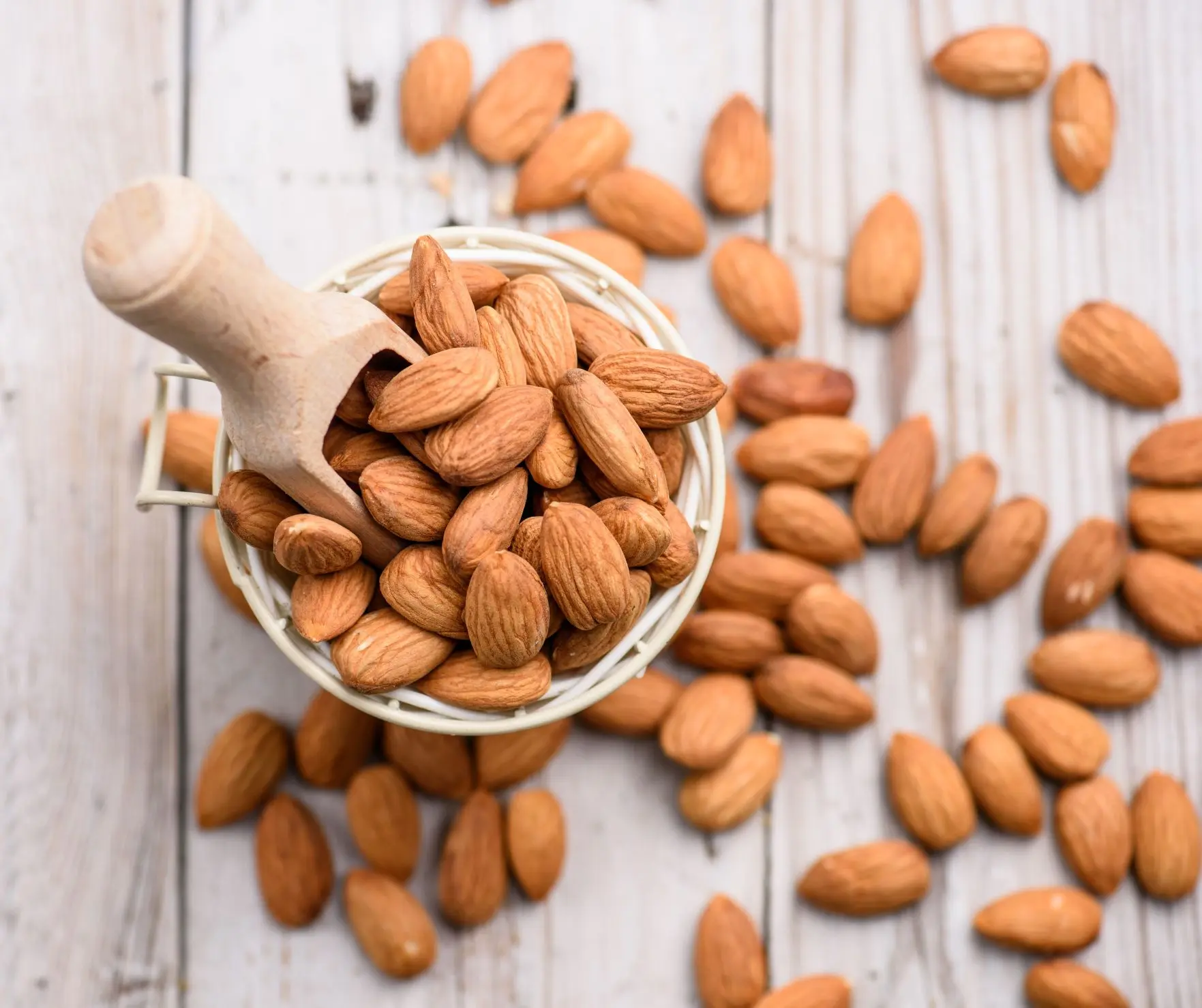
These nuts are not just tasty; they're also filled with nutrients that support sleep.
Almonds are rich in magnesium, promoting muscle relaxation and sleep.Walnuts provide their own source of melatonin, which can help you catch more Zs.4
The omega-3 fatty acids in these fish boost serotonin levels, while vitamin D can help you get some quality sleep.3
Eating fatty fish regularly can help you fall asleep faster and deepen your sleep.
Surprisingly, kiwis can be a great bedtime snack. They're high in serotonin and antioxidants, both of which can aid in sleep.
Studies suggest eating kiwi before bed can help you fall asleep quicker and improve sleep quality.5
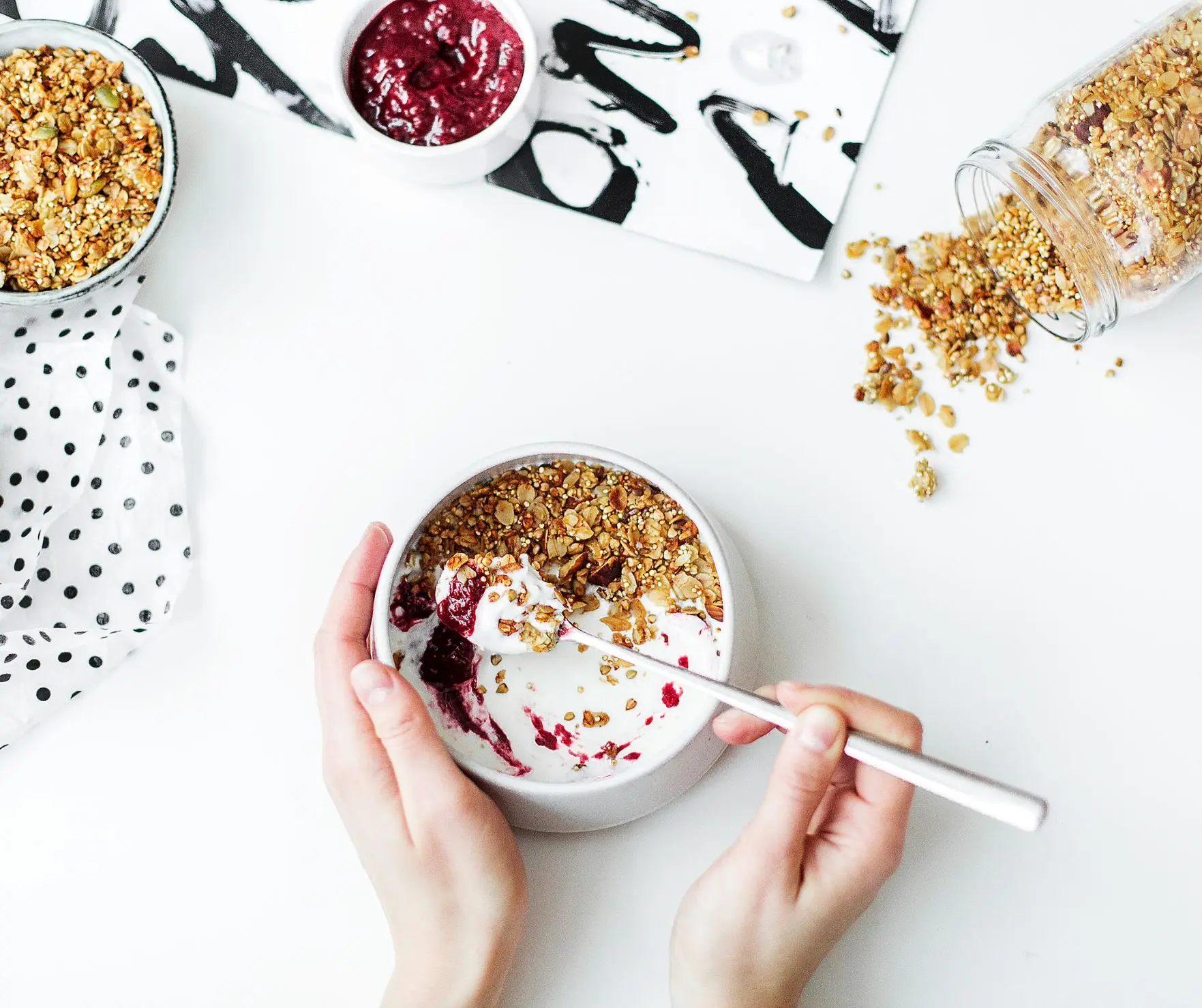
A bowl of warm oats before bed can be very soothing. Oats are rich in melatonin and complex carbohydrates, which can help more tryptophan get into your brain and help you fall asleep faster.6
Both turkey and chicken are high in tryptophan, the amino acid that increases serotonin levels.6 This is why you might feel sleepy after a big turkey dinner. Including these proteins in your dinner can help promote a good night's sleep.
It has a high glycemic index, meaning it can significantly increase your blood sugar and insulin levels, which in turn can help you fall asleep faster.6
Just try to eat it a few hours before bed to avoid any digestive discomfort.
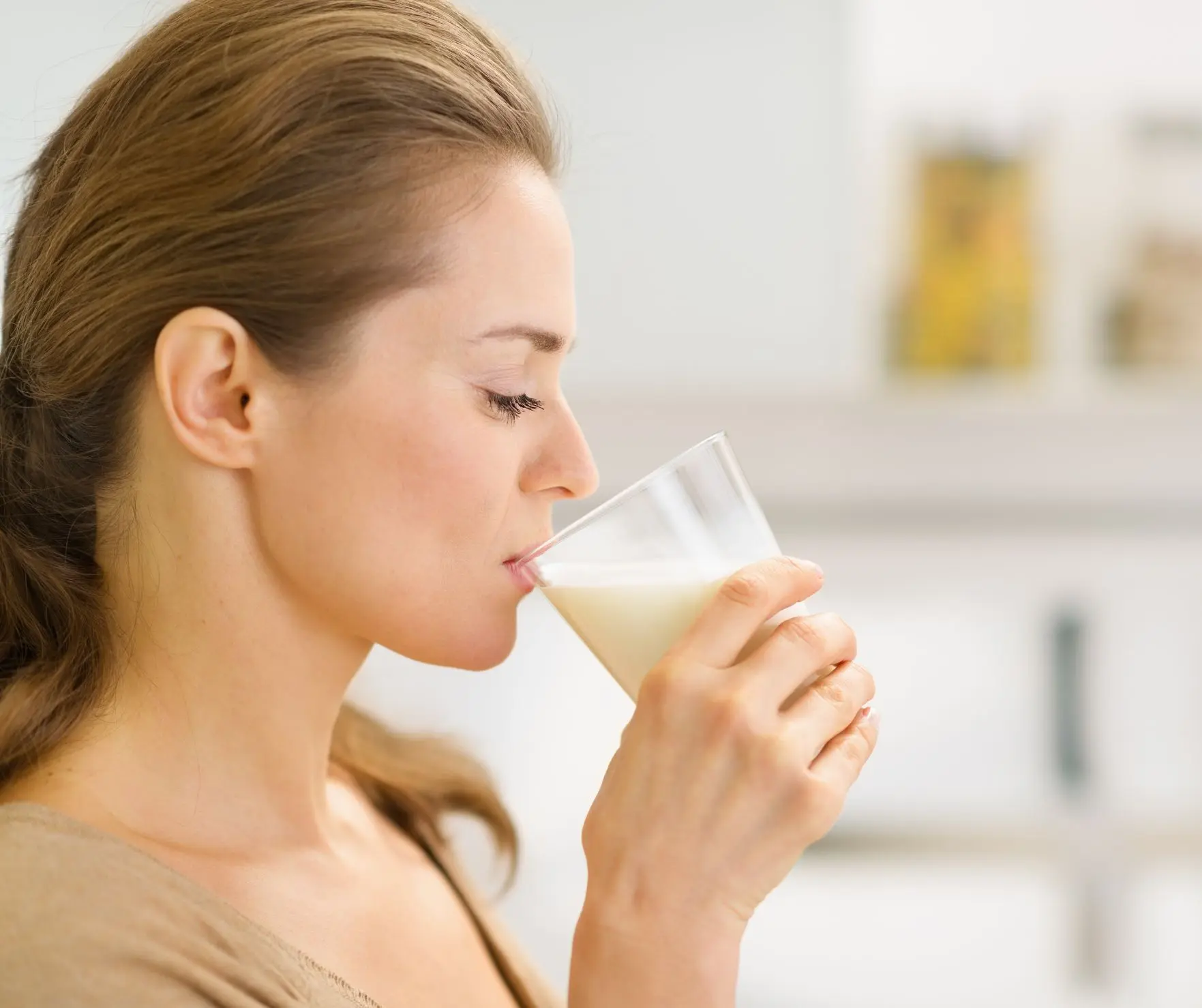
The old advice of drinking a warm glass of milk before bed has some truth to it.
Milk, cheese, and yogurt contain tryptophan, calcium, and magnesium, all of which can improve sleep quality.3
Lettuce contains lactucarium, which has sedative properties and can promote better sleep and lead to fewer sleep disturbances.7
Other leafy greens like spinach and kale are rich in magnesium, a mineral that improves sleep quality.
Besides being delicious, sweet potatoes are a source of complex carbohydrates, potassium, and magnesium, all of which can help you relax and sleep better.8
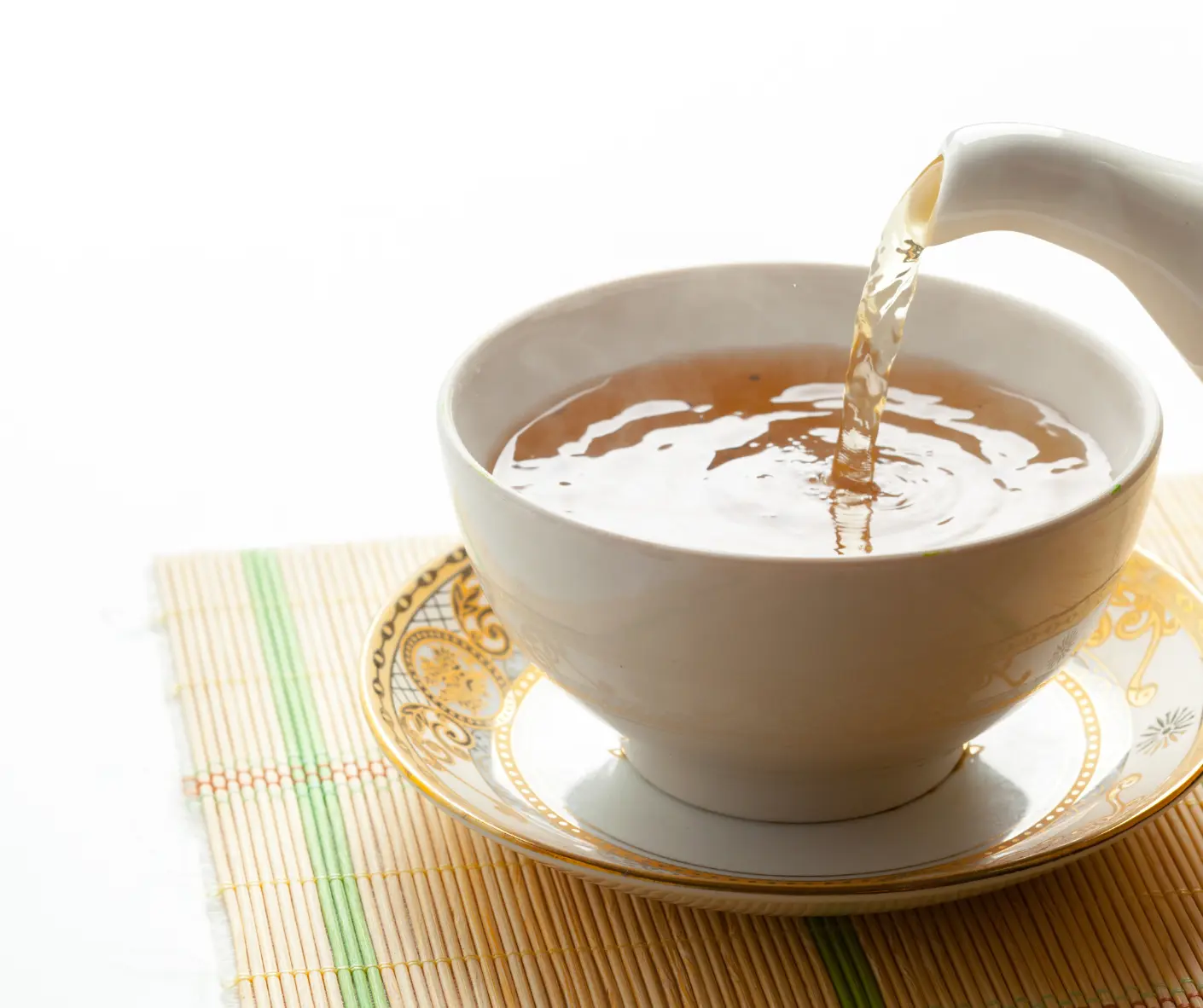
This herbal tea is known for its calming effects, thanks to an antioxidant called apigenin, which binds to certain receptors in your brain to reduce insomnia and promote sleepiness.9
Similar to chamomile, passionflower tea is another herbal tea that can improve sleep quality.10 It's particularly effective in reducing anxiety and insomnia, making it easier to fall asleep.
These nuts are a good source of protein, vitamin B6, and magnesium, all of which contribute to better sleep.6
Just be mindful of portion sizes, as pistachios are also high in calories.
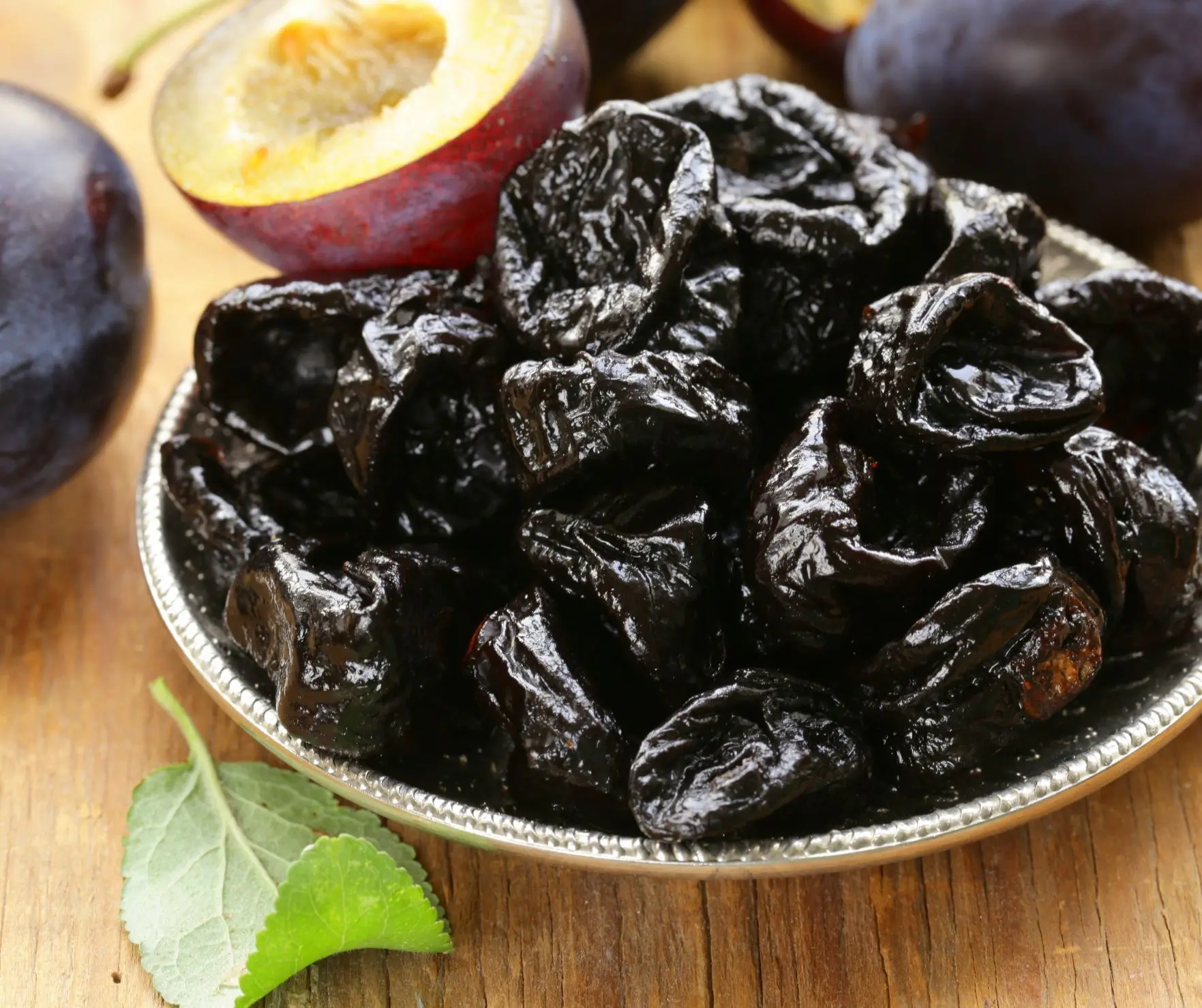
Prunes are not only good for digestion but also a source of vitamin B6, calcium, and magnesium, which help produce melatonin.11
Eating a few prunes before bed can support a restful night.
Rich in casein protein, cottage cheese is slow-digesting and can increase serotonin levels. Adding a bit of honey or pairing it with fruits can make for a satisfying pre-bed snack.11
A small spoonful of honey can slightly raise insulin levels and allow tryptophan to enter the brain more easily, promoting sleep.6 Add it to herbal tea or yogurt for a relaxing bedtime snack.
The foods we consume before bedtime can significantly influence our sleep quality because of their nutritional content and how they interact with our bodies' biological processes.
For instance, foods rich in tryptophan aid in the production of serotonin, a precursor to the sleep hormone melatonin.11 This chain reaction not only helps to regulate our sleep-wake cycle but also promotes a state of relaxation conducive to sleep.
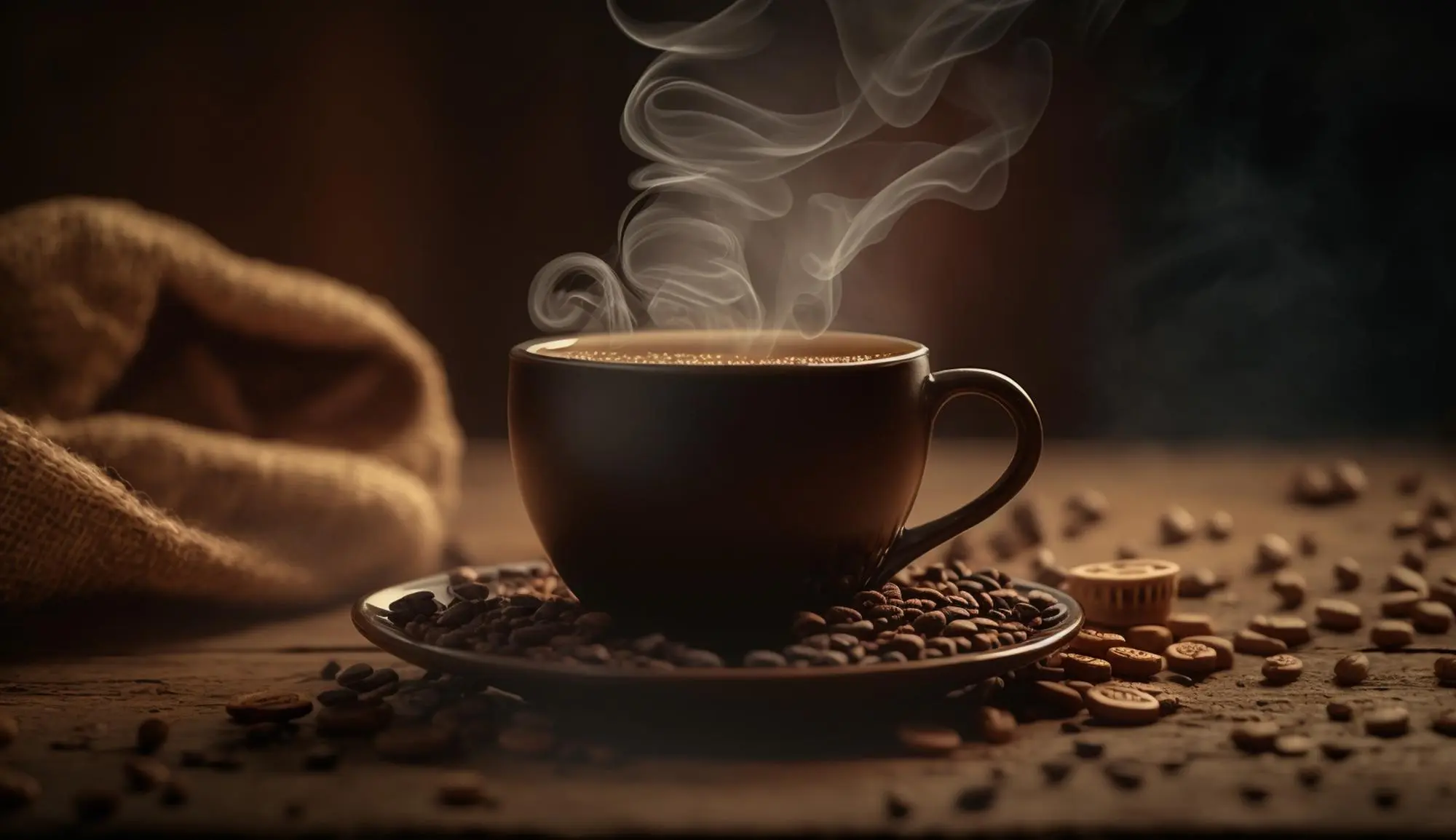
Knowing which foods negatively affect sleep is just as crucial as understanding which ones can enhance your sleep. Certain foods and beverages can significantly disrupt your sleep patterns, making it harder to fall asleep or stay asleep throughout the night.12
Here’s a more detailed look at sleep disruptors:
Caffeinated Products: Coffee, tea, chocolate, and some sodas can keep you alert.
Alcohol: It may help you fall asleep but disrupt later sleep stages.
High-Sugar Foods: This can lead to energy spikes that prevent falling asleep.
High-Fat Foods: Difficult to digest and may cause discomfort.
Spicy Foods: Can raise body temperature and cause indigestion.
Heavy or Large Meals: Lead to discomfort and indigestion, impacting sleep.
Nicotine: Stimulant found in cigarettes and e-cigarettes, increasing alertness.
Processed Foods and Meats: High levels of tyramine can stimulate the brain, keeping you awake.
Avoiding these sleep disruptors can help ensure that your body and mind are primed for rest. Opt instead for the sleep-promoting foods discussed earlier to improve your chances of enjoying a restful, uninterrupted night’s sleep.

While certain foods promote sleep, others can negatively affect it, leading to restless nights.
High-sugar foods, heavy meals, and caffeine-laden beverages consumed close to bedtime can hinder your ability to fall and stay asleep. These can cause spikes in blood sugar levels or stimulate the nervous system, making it difficult to wind down.
Additionally, fatty and spicy foods can lead to discomfort and indigestion, further disrupting sleep patterns.
Alcohol, although it may initially make you feel drowsy, can impair sleep quality and lead to fewer restorative sleep stages.
Creating a harmonious relationship between your diet and sleep hygiene can significantly enhance your sleep quality. Here's how you can integrate dietary considerations into your overall sleep practices:
Establish a Consistent Eating Schedule: Try to have your meals at the same times every day to regulate your body's internal clock. This consistency helps your body anticipate and prepare for sleep at the right time each night.
Mind Your Evening Intake: Avoid consuming heavy meals, caffeine, and alcohol close to bedtime. If you're hungry, opt for a light snack, focusing on foods known to promote sleep.
Stay Hydrated, But Not Too Late: Drinking enough water throughout the day is crucial, but try to minimize fluid intake in the evening to reduce nighttime awakenings to use the bathroom.
Combine Diet With Good Sleep Habits: Pairing a sleep-friendly diet with practices like maintaining a regular sleep schedule, creating a comfortable sleep environment, and limiting exposure to screens before bed can further enhance your ability to fall and stay asleep.

Integrating sleep-promoting foods into your diet while avoiding those that can disrupt your rest can significantly improve your sleep quality.
By understanding the impact of certain foods on your sleep and combining this knowledge with effective sleep hygiene practices, you can create a comprehensive approach to improving your sleep.
Remember, while these dietary adjustments can be highly beneficial, they're just one piece of the sleep puzzle. Consistent sleep schedules, a conducive sleep environment, and managing stress are equally important.
Together, these strategies form a holistic approach to achieving restful, restorative sleep, ultimately supporting your overall health and well-being.
Sleep-friendly foods set the stage—Mellodyn Sleep Easy helps complete the picture. With herbal extracts that work with your body’s natural rhythms, Mellodyn supports restful sleep without grogginess.
Pair your nighttime nutrition with Mellodyn for deeper, more restorative rest.
What are the best foods to eat for better sleep?
Foods like cherries, almonds, fatty fish, and chamomile tea are excellent for promoting better sleep.
Can what I eat affect how well I sleep?
Yes, your diet plays a crucial role in sleep quality, with certain foods promoting restfulness and others disrupting sleep.
How long before bed should I stop eating?
It's best to stop eating heavy meals 2-3 hours before bedtime to avoid sleep disruptions.
Are there drinks that help with sleep?
Yes, drinks like chamomile tea and warm milk can promote a more restful night's sleep.
What foods should I avoid for better sleep?
Avoid caffeine, alcohol, high-sugar, and spicy foods close to bedtime for better sleep quality.
Binks, H., E Vincent, G., Gupta, C., Irwin, C., & Khalesi, S. (2020). Effects of Diet on Sleep: A Narrative Review. Nutrients, 12(4), 936. https://doi.org/10.3390/nu12040936
Dai, Y., & Liu, J. (2021). Omega-3 long-chain polyunsaturated fatty acid and sleep: a systematic review and meta-analysis of randomized controlled trials and longitudinal studies. Nutrition reviews, 79(8), 847–868. https://doi.org/10.1093/nutrit/nuaa103
Pattnaik, H., Mir, M., Boike, S., Kashyap, R., Khan, S. A., & Surani, S. (2022). Nutritional Elements in Sleep. Cureus, 14(12), e32803. https://doi.org/10.7759/cureus.32803
Doherty, R., Madigan, S., Nevill, A., Warrington, G., & Ellis, J. G. (2023). The Impact of Kiwifruit Consumption on the Sleep and Recovery of Elite Athletes. Nutrients, 15(10), 2274. https://doi.org/10.3390/nu15102274
Ghafarzadeh, J., Sadeghniiat-Haghighi, K., Sadeghpour, O., Akbarpour, S., & Amini-Behbahani, F. (2019). Investigating the Prevalence of Sleep Disorder and the Impact of Sweet Almond on the Quality of Sleep in Students of Tehran, Iran. Iranian journal of public health, 48(6), 1149–1154.
Zuraikat, F. M., Wood, R. A., Barragán, R., & St-Onge, M. P. (2021). Sleep and Diet: Mounting Evidence of a Cyclical Relationship. Annual review of nutrition, 41, 309–332. https://doi.org/10.1146/annurev-nutr-120420-021719
Kim, H. D., Hong, K. B., Noh, D. O., & Suh, H. J. (2017). Sleep-inducing effect of lettuce (Lactuca sativa) varieties on pentobarbital-induced sleep. Food science and biotechnology, 26(3), 807–814. https://doi.org/10.1007/s10068-017-0107-1
St-Onge, M. P., Mikic, A., & Pietrolungo, C. E. (2016). Effects of Diet on Sleep Quality. Advances in nutrition (Bethesda, Md.), 7(5), 938–949. https://doi.org/10.3945/an.116.012336
Srivastava, J. K., Shankar, E., & Gupta, S. (2010). Chamomile: A herbal medicine of the past with bright future. Molecular medicine reports, 3(6), 895–901. https://doi.org/10.3892/mmr.2010.377
Unno, K., Noda, S., Kawasaki, Y., Yamada, H., Morita, A., Iguchi, K., & Nakamura, Y. (2017). Reduced Stress and Improved Sleep Quality Caused by Green Tea Are Associated with a Reduced Caffeine Content. Nutrients, 9(7), 777. https://doi.org/10.3390/nu9070777
Meng, X., Li, Y., Li, S., Zhou, Y., Gan, R. Y., Xu, D. P., & Li, H. B. (2017). Dietary Sources and Bioactivities of Melatonin. Nutrients, 9(4), 367. https://doi.org/10.3390/nu9040367
Sejbuk, M., Mirończuk-Chodakowska, I., & Witkowska, A. M. (2022). Sleep Quality: A Narrative Review on Nutrition, Stimulants, and Physical Activity as Important Factors. Nutrients, 14(9), 1912. https://doi.org/10.3390/nu14091912